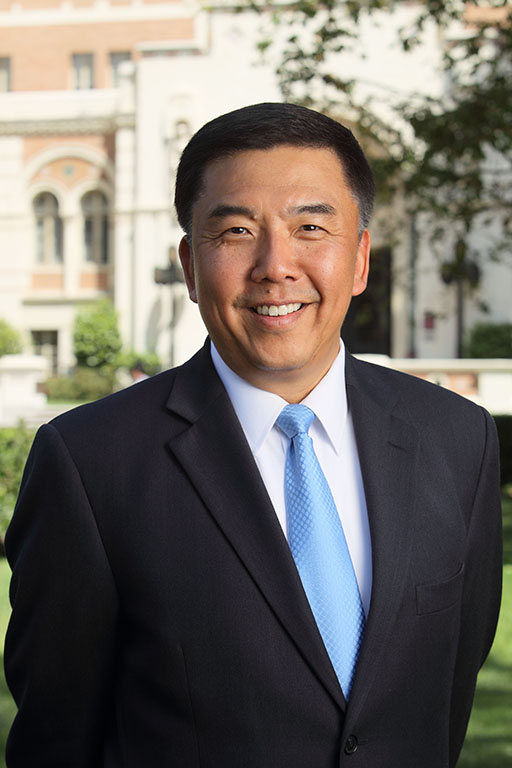
Yang Chai, associate dean of Research at the Ostrow School of Dentistry of USC, has just received $2.1 million to continue research that could one day allow scientists to use stem cells to regrow living tissue.
The five-year grant, funded by the National Institute of Dental and Craniofacial Research, will give Ostrow researchers the opportunity to better understand what causes stem cells to transform into different types of cells.
“This is really one of the hottest areas in stem cell research right now,” said Chai, who is also the director of the Center for Craniofacial Molecular Biology, the George and Mary Lou Boone Chair in Craniofacial Molecular Biology and a member of the executive committee of USC Stem Cell. “People are really interested in how stem cells make the decision to give rise to certain cell types.”
Using mouse incisors, which are unique in that they never stop growing, Chai’s lab discovered that a neurovascular bundle sitting at the base of the mouse incisor provides a home for mesenchymal stem cells, which are responsible for incisor growth and repair in the rodent. Their discovery was published in the February 2014 issue of Cell Stem Cell.
This new grant will allow them to take that research one step further.
“For us to regenerate any tissue or organ, we need to know what controls that process,” Chai explained. “So by learning how nature has set up this process, we can recreate an environment that is similar and be able to build an organ.”
Chai hopes that a better understanding of what causes a stem cell to transform into a tooth cell or a bone marrow cell or a cartilage cell will give scientists the ability to one day control the process of tissue regeneration.
This could mean that scientists could regenerate a biological tooth root, with the proper nerve endings and blood supply, instead of using a metal dental implant to restore biological function to a missing tooth.
It could also mean providing tissue to surgeons who are correcting birth defects like cleft lip and cleft palate or skull malformations, Chai said.
The grant is the first that Chai’s team, which has been focused on developmental biology (e.g. how genetic mutations can cause developmental birth defects), has received in the area of stem cell research.
“We’re now combining developmental biology with stem cells, and I think that is really exciting,” Chai said. “Not only could we understand what causes birth defects, but we could also help surgeons to recreate tissue that they can use to restore the defect.”
Research reported in this publication was supported by the National Institute of Dental & Craniofacial Research of the National Institutes of Health under Award Number R01DE025221.
